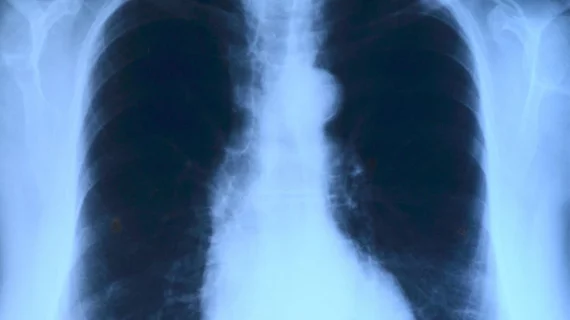AI specialists gain CE mark approval for chest x-ray solution
London-based behold.ai has received CE mark approval for its AI-based chest x-ray solution that can be used to automatically detect “normal” imaging findings. According to the company, its newly approved AI model can play a role in helping hospitals triage patients with suspected COVID-19.
“This is a great result for the company and for our team of quality leaders, AI engineers and clinicians who have worked for years to develop a system that meets the highest quality standards,” Simon Rasalingham, chairman and CEO of behold.ai, said in a prepared statement. “There is, quite rightly, a big focus on ensuring that the relatively new technology of artificial intelligence produces solutions that have a high degree of accuracy, reliability and scalability. This first in-kind regulatory approval is a key achievement for companies in this sector, the first autonomous AI algorithm to rule out normal chest x-rays.”
Thomas Naunton Morgan, MD, chief medical officer of behold.ai, noted in the same statement that this technology has numerous benefits for imaging providers.
“Crucially, at a time when NHS radiologists are increasingly reporting images from home, our technology is fast, safe and effective both inside and outside the hospital setting,” he said. “For examinations identified by our algorithm as normal, with a high degree of confidence, our results can be automatically accepted as being as accurate as an experienced consultant radiologist, and much faster.”
Previous coverage of behold.ai can be read here.

